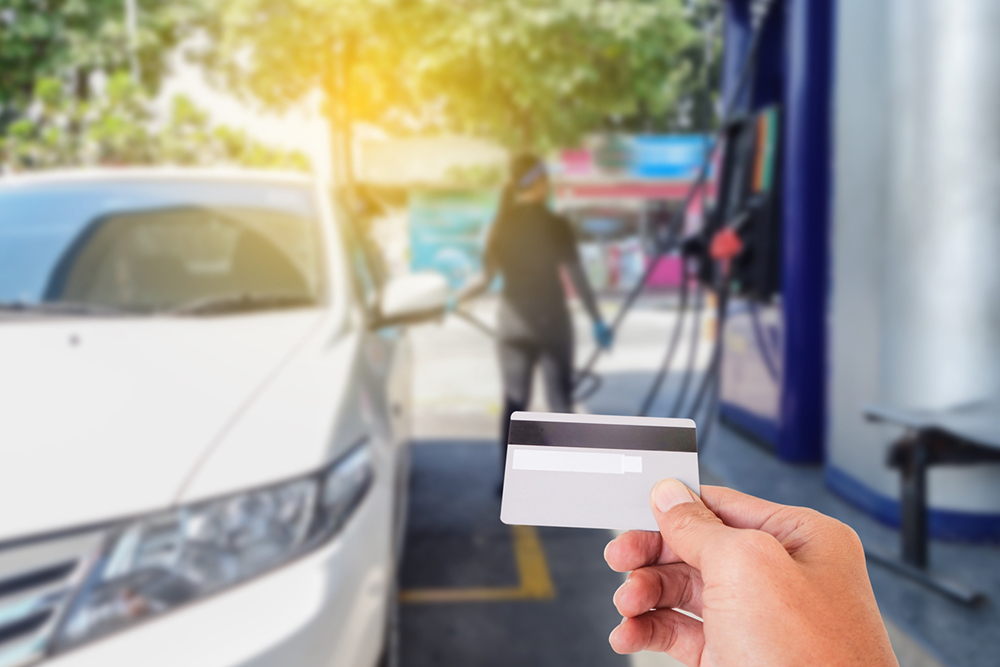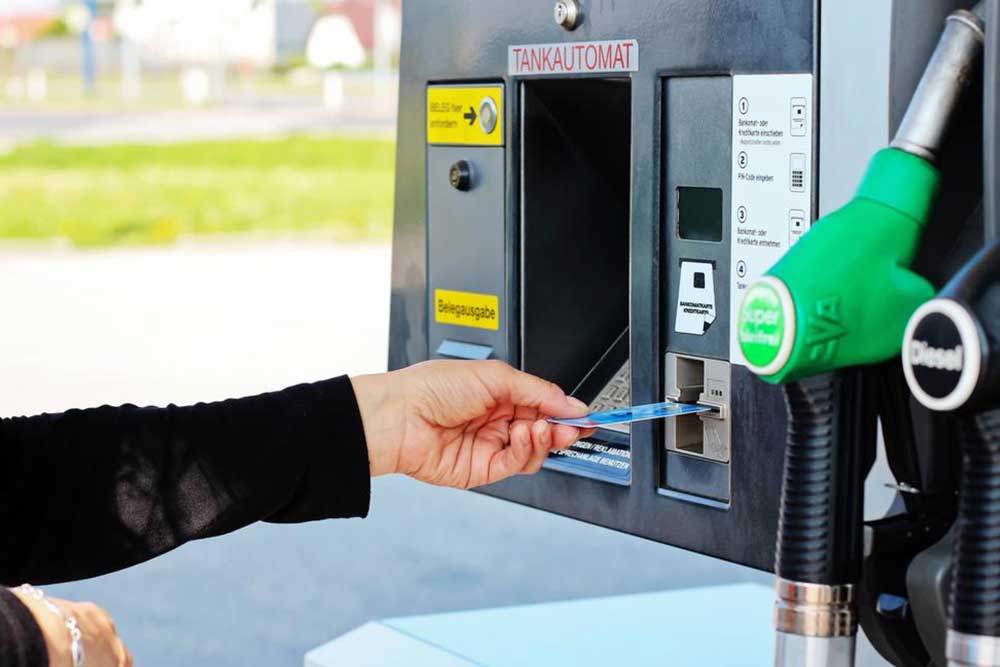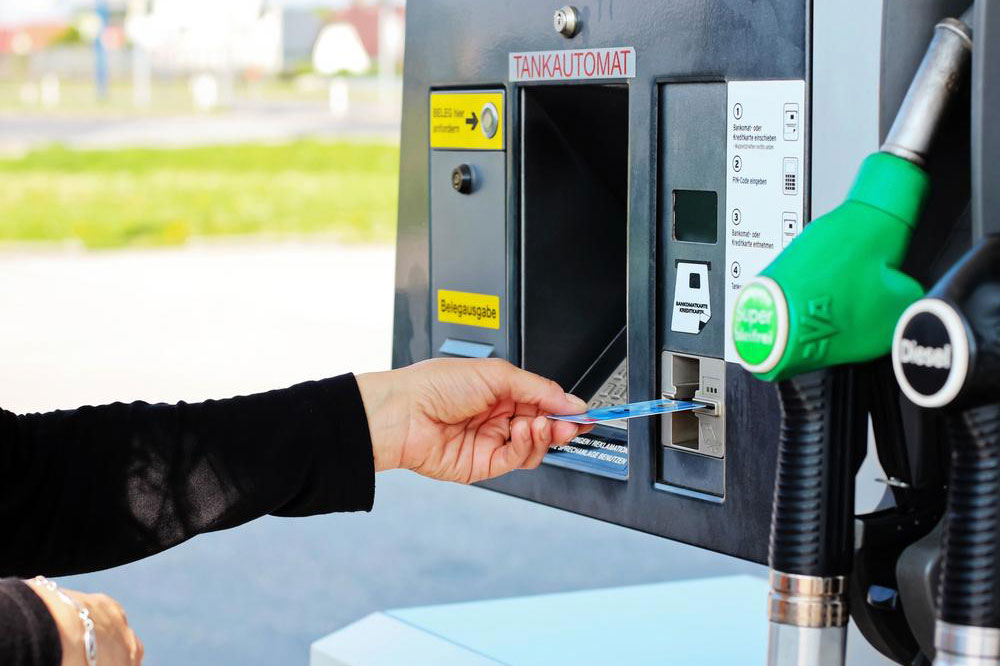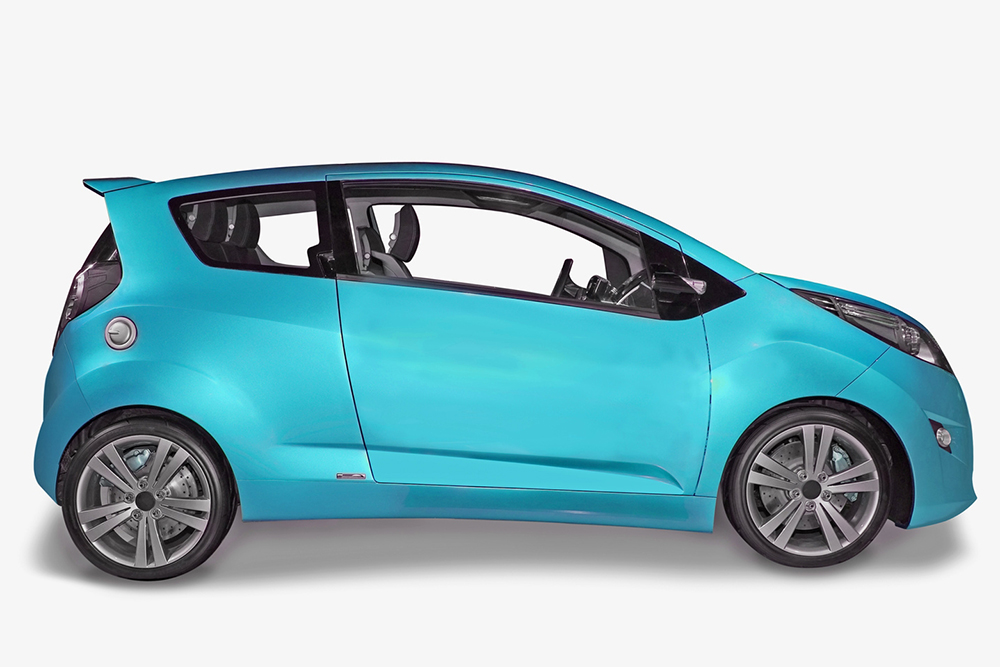Understanding Fuel Cards: Types and Advantages
Discover the different types of fuel cards available for personal and business use, including universal, credit, brand-specific, and network cards. Learn about their key benefits such as expense management, discounts, and security features that help optimize fuel expenses for fleets and individuals alike.

Understanding Fuel Cards: Types and Advantages
Fuel or gas cards serve as practical payment solutions for both personal and commercial fuel purchases. These cards are versatile, catering not only to individual vehicles but also to entire company fleets. They have become increasingly popular due to the ease of managing fueling expenses. Many providers also offer fuel coupons to help users save money through special deals, making these cards a valuable expense management tool.
What Are Gasoline Payment Cards?
Gasoline payment cards, often called fleet or fuel cards, are designed to pay for fuel types such as gasoline and diesel at select gas stations.
Many of these cards can also cover vehicle maintenance and related expenses. Similar to credit or debit cards, they are generally issued by leading fuel brands, financial institutions, or third-party specialty providers.
Types of Fuel Cards
Universal Fuel Cards
Designed for widespread use by businesses managing large vehicle fleets, these cards work at most gas stations nationwide. Partnered with multiple fuel providers, they allow drivers to refuel at various locations. Usage often includes limits such as daily, weekly, or monthly spending caps, along with restrictions on fueling times or transaction counts. These controls help businesses monitor fuel expenses effectively. Providers may also offer fuel discounts or coupons for larger fleets, but it’s vital to review any fees or terms beforehand.
Business Fuel Credit Cards
Linked with major payment networks, these cards are issued by banks or financial firms. They mainly facilitate purchases of fuel and vehicle maintenance services at authorized merchants. While they have purchase controls, these are generally less restrictive than universal cards.
Oil Brand-Specific Cards
These cards are branded by top fuel companies and often include rebates or coupons usable only at the issuing company’s stations. Usually valid for a set period or a specific volume of fuel, they offer substantial savings initially, but limit station choice to the issuing brand.
Cardlock Network Cards
Targeting commercial fleets, these cards operate within specialized fuel networks concentrated near highways and urban centers. They provide quick, high-volume fueling at satellite-equipped stations, often with discounts and coupons to reduce fuel costs.
Benefits of Using Fuel Cards
Ease and Speed
Fuel cards streamline refueling by eliminating cash transactions, enabling quick tap or swipe payments at participating stations, which saves time and effort.
Expense Tracking
Like credit cards, these provide detailed statements of fuel and maintenance expenses. This helps businesses monitor spending, analyze usage, and plan budgets effectively.
Reward Programs
Many providers offer discounts, cashback, reward points, or coupons, leading to significant savings over time on fuel costs.
Enhanced Security
Restricted usage, PIN protection, and transaction limits reduce the risk of fraud, offering peace of mind for fleet managers.
Note:
The information here serves as a general guide about fuel cards for various uses. While our research aims to provide accurate insights, always verify details directly with providers and be aware of possible fees, terms, or deals. This content is for informational purposes and may not cover all current offers or schemes available in the market.










